Code of Ethics
Code governing of the professional activity of members of the Societé ÉducoSanté
For the purposes of this Code of Ethics, the following expressions mean: “SES” – Société ÉducoSanté
“Practitioner Member” – Practitioner Member of the Société ÉducoSanté
DUTY TO THE PUBLIC
Article 1 – The practitioner member must protect and promote the health and well-being of individuals.
Article 2 – The practitioner member must support any measure that can improve the quality of professional services provided in the areas of maintenance and improvement of health, as well as disease prevention.
Article 3 – The practitioner member must promote education and information measures in the areas of maintenance and improvement of health as well as disease prevention.
Article 4 – The practitioner member must expose their opinions honestly and accurately at all times. The practitioner member must refrain from any inopportune and misleading advertising for any technique in the maintenance and improvement of health, as well as disease prevention.
Article 5 – The practitioner member must practice their profession in a setting that respects the public health and hygiene rules and in conditions that do not compromise the quality of their services.
DUTY TO CLIENTS
Article 6 – The practitioner member must practice their profession while respecting the life and dignity of the client.
Article 7 – The practitioner member must refrain from impairing the free will of the client concerning other people that they want to consult.
Article 8 – The practitioner member must refrain from interfering in the client’s personal life on matters that are not within their professional competence.
Article 9 – The practitioner member must have an irreproachable conduct with respect to the client’s physical, mental, emotional, psychic and spiritual aspects.
Article 10 – The practitioner member has the obligation to make the client understand that their interventions are only aimed at maintaining and improving health or preventing disease.
Article 11 – The practitioner member who is seen by a client on the basis of this title and whom, moreover, belongs to a corporation or association of therapists may decide, at the client’s request, to get involved in the treatment of a disease. But first, they must make it clear to the client that they are no longer acting as a practitioner of the Société ÉducoSanté, but as a therapist. The customer must be aware that the practitioner is then going beyond the agenda of maintaining or improving health, or that of preventing disease. Failing to make this distinction understood constitutes a serious violation of the Code of Ethics of the Société ÉducoSanté.
Article 12 – The practitioner member must refrain from directly or indirectly guaranteeing the maintenance or improvement of health or the prevention of disease.
Article 13 – In the execution of their duties, the practitioner member should attempt to take into account all the health factors. His approach must always be global and cover all the client’s lifestyle habits. A partial approach must be seen as contrary to the principles put forth by the Société ÉducoSanté.
FEES
Article 14 – The practitioner member must fully inform the client about the cost of their services. Their fees must be fair and reasonable.
Article 15 – The practitioner member must provide their customers with all the explanations necessary to the understanding of their bill.
Article 16 – The practitioner member must refrain from demanding advance payment for their services.
DUTY TO THE PROFESSION
Article 17 – The practitioner member must refrain from practicing their profession under the influence of psychoactive substances, including alcohol. They should not smoke in the presence of a client or any other professional activity.
Article 18 – The practitioner member must refrain from denigrating colleagues and to doubt their good faith. It must not be guilty of an abuse of their trust, disloyalty or unkind words.
Article 19 – The practitioner member has an obligation to the extent of its possibilities, to help develop its business scope by sharing their knowledge and experience with their colleagues.
Article 20 – The practitioner member must refrain from taking credit for discoveries or work back to others.
PATIENT FILE AND PROFESSIONAL SECRECY
Article 21 – The practitioner member must prepare and maintain a file for each client by writing everything that may be useful for future consultations.
Article 22 – The practitioner member must keep every file for at least five years after the date of the last entry.
Article 23 – The practitioner member must allow the representatives of the Société member to consult their records.
Article 24 – The practitioner member must not disclose or make use of confidential information to the detriment of a client.
DUTY TO THE SOCIÉTÉ
Article 25 – The practitioner member must refrain from making statements or representations that undermines the reputation of the Société.
Article 26 – The practitioner member may use the name and logo of the Société in his advertising, displays or stationery only if in accordance with the instructions of the Société, and must stop using them as soon as they cease being a member in good standing of the Société.
BREACH
Article 27 – The practitioner member who violates the present Code of Ethics commits an infraction and is liable to disciplinary action, including suspension or expulsion.
Learning how to live well
Become health manager and help people prevent disease through healthy lifestyles.


